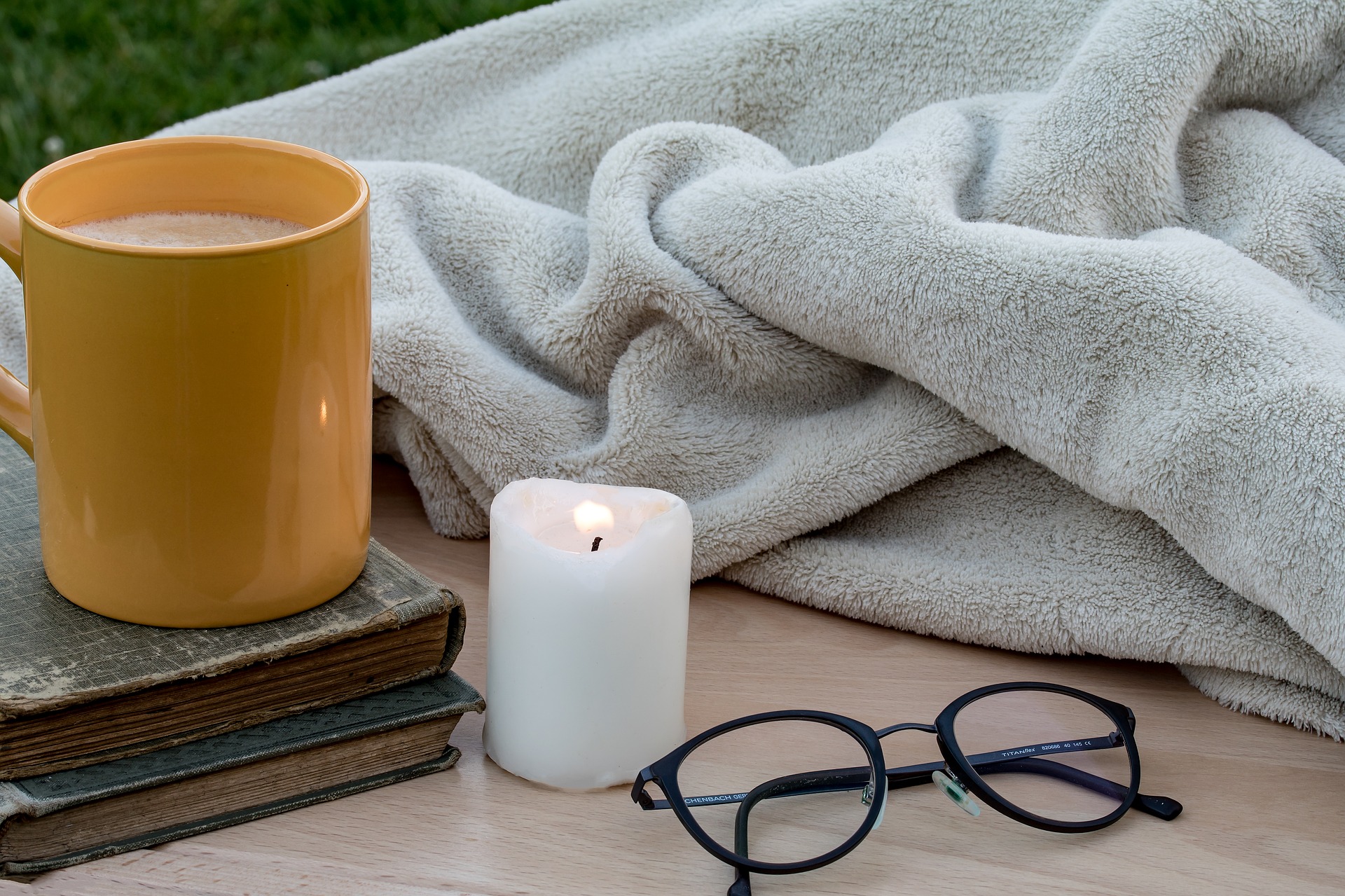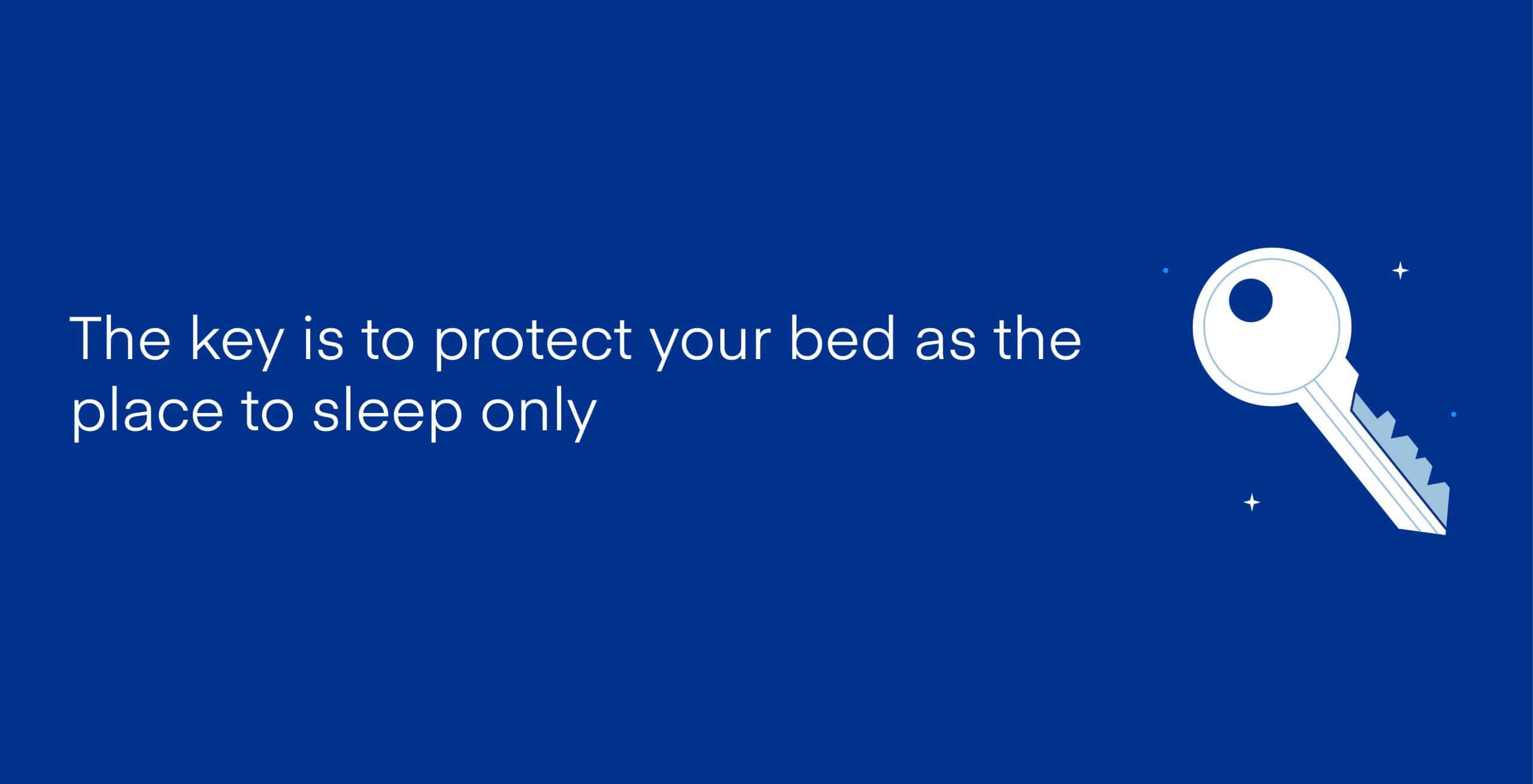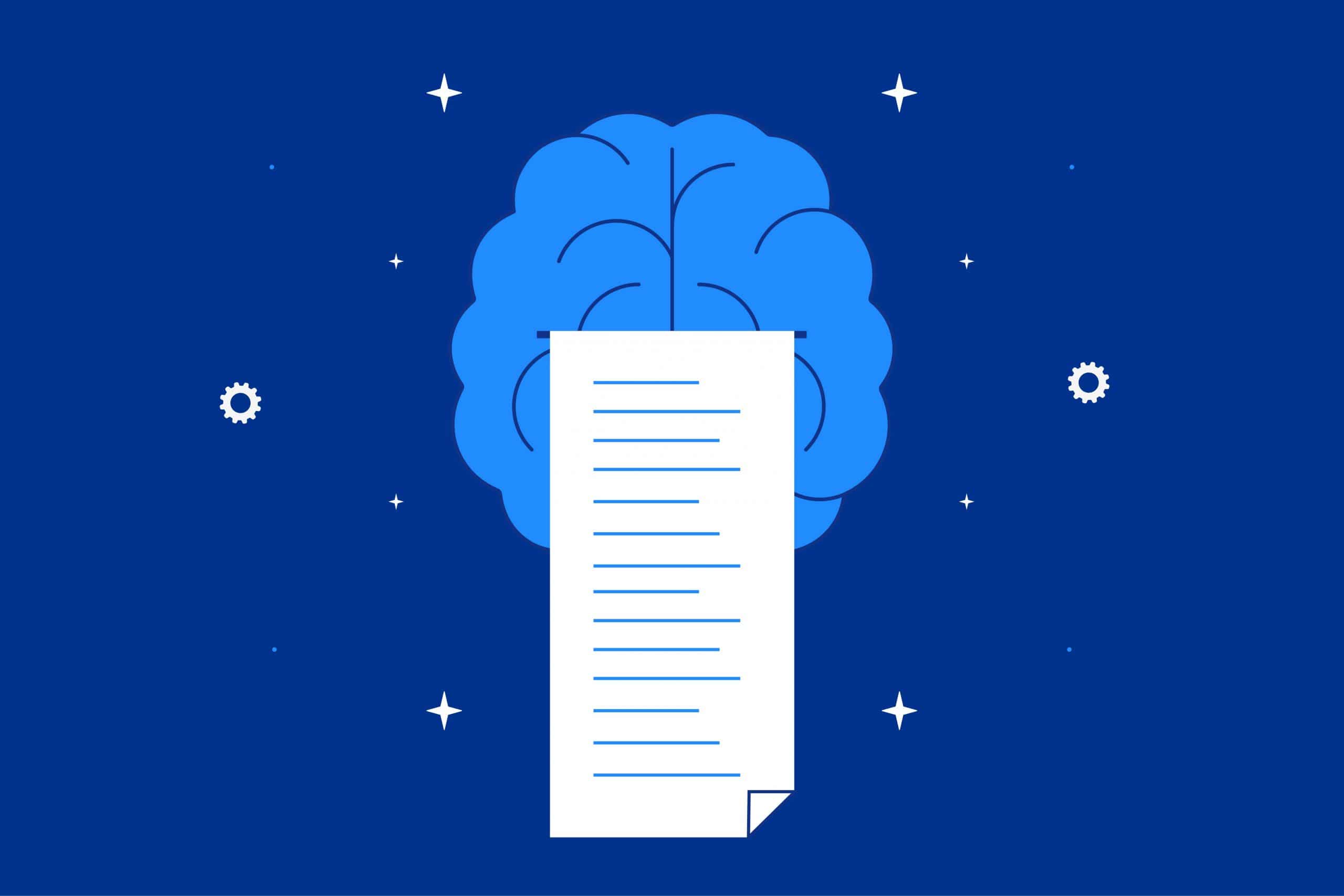Is the key to better sleep all in your head? Turns out, there’s a mental component to achieving satisfying slumber.
Often, chronic insomnia is the result of learned behaviors, patterns, and other bad sleeping habits that can get in the way of your ability to nod off with ease.
This means that you may have a lot more power than you think to get the shuteye you crave. By making efforts to adopt a healthier lifestyle, as well as tweaking your pre-sleep behavior, you’ll likely be able to reach dreamland faster and more regularly, say sleep experts at the American Psychological Association. Verified Source American Psychological Association (APA) Collaborative organization for psychologists across the country. View source
Here are psychology-based sleeping tips—plus everyday healthy habits—that can help you snooze more soundly.
Remember: Your bed = a place for sleep.
When you’re plagued by nights of tossing and turning and you don’t have the best mattress, your bedroom can quickly morph from comfy sleeping spot to a dreaded source of anxiety.
Those nerve-wracking feelings can actually cause you to feel more awake. And over time, the anxiety ends up snowballing to the point where you feel revved up rather than sleepy whenever you get into bed.
But it’s easier than you think to retrain your brain to associate your bed with sleep instead of wakefulness.
If you’re having trouble falling asleep, get out of bed and don’t head back until you feel like you’re ready to nod off, and avoid sleeping in places other than your bed, like on the couch, recommend Stanford University sleep experts.
Most importantly? Use your bed only for sleep, save homework, binge-watching your favorite shows, and reading for the couch.
Don’t try so hard.
It sounds counterintuitive, but not trying to force sleep to happen is another way to reduce sleep-related anxiety and improve your chances of nodding off.
To make the shift from “trying to sleep” to “allowing sleep to happen,” Stanford University sleep experts recommend adopting these simple sleeping habits:
-
- Spend the hour before bed unwinding from the day’s stresses. Take a warm bubble bath, do some gentle stretches, read a book, or watch a feel-good video.
- Turn the clock around so you can’t see the time. One study found that clock-watchers took longer to fall asleep than those who stared at a clock-like device that displayed random numbers.
- Create a pleasant, comfortable sleep environment. Think cozy sheets, comfy pillows, and a room temperature between 65 and 72 degrees. Too-warm rooms can make it tougher to fall asleep.
Try muscle relaxation.

Effective but little-known sleeping tip: Telling those tense muscles to chill out can help you relax and doze off faster, according to docs from the University of Maryland Medical Center’s Sleep Disorders Center.
Here’s a simple exercise they recommend that calls for repeatedly tensing your toes, which actually helps to release pent-up tension in the rest of your body.
-
-
- Lie on your back and close your eyes.
- Sense your toes.
- Pull all 10 toes towards your face. Count to 10 slowly.
- Now relax your toes.
- Count to 10 slowly.
- Repeat the above cycle 10 times.
-
There are other ways to relax those muscles, too, like progressive muscle relaxation, deep breathing, and even guided imagery.
Eat right and exercise.
Adopting the basic tenets of a healthy lifestyle can go a long way in helping you cruise for a snooze. First up? Exercise.
Five sessions of vigorous or moderate exercise per week are associated with improved sleep quality and duration. (Schedule your workout for morning or evening; both are effective, and most adults report having no problem falling asleep after a nighttime sweat session.)
Eating right is crucial, too. Limit your consumption of greasy, heavy foods before bed, since they can cause acid reflux or heartburn and mess with your body’s sleep-wake cycle.
Stop eating 2 to 3 hours before bed to allow your body plenty of time to digest, and steer clear of spicy fare or lots of fluids at night, both of which can disrupt sleep.
Finally, avoid caffeine past late afternoon. Consuming the stuff—in the form of coffee, tea, or chocolate—up to six hours before bed can slash your sleep by up to an hour, found a recent study Verified Source American Academy of Sleep Medicine Society focused on sleep medicine and disorders, and the AASM is who authorizes U.S. sleep medicine facilities. View source from the Academy of Sleep Medicine.
Think positive. Really!
“Understanding that there are things you can do to sleep better can reduce the helplessness people feel when suffering from insomnia,” says Colleen E. Carney, an associate professor of psychology at Ryerson University in Toronto, Canada. “The key is to protect your bed as the place to sleep only, maintain a regular schedule for getting into and out of bed, wind down before bed, and get lots of exercise and outdoor time during the day.”

Even after you’ve adopted healthier sleeping habits, it’s still essential to keep an optimistic outlook about falling asleep quickly.
“Some people have unrealistic expectations of how long they should be sleeping, think that poor daytime performance is only due to insomnia, or think their insomnia is worse than it actually says,” say American Psychological Association experts.
By staying positive about sleep—sort of using a placebo sleep brain hack, if you will—you can actually up your odds for real, satisfying snooze time.
Has positive thinking helped you sleep better? Have you ever tried a brain hack to boost your ability to sleep?
Photos courtesy of Flickr, lightsoutfilms, tudor.
About the author
Marygrace Taylor is an award-winning health writer for Amerisleep. Her commitment to sleep health is evident in her ability to consistently prioritize eight hours of sleep each night. Her in-depth interviews with industry experts, such as Ken Ceder on "Why Light is Essential for Great Sleep and Optimum Health," highlight her dedication to delivering valuable insights. Marygrace's work has been featured in reputable publications like Business Insider, Glamour, Refinery29, Metro UK, and Hunker, further solidifying her expertise in the field.
View all posts




